Humans
Sign up for our newsletter
We summarize the week's scientific breakthroughs every Thursday.
-
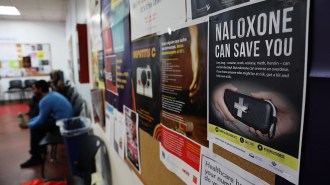 Health & Medicine
Health & MedicineFentanyl deaths have spiked among U.S. children and teens
Wider access to naloxone, which reverses the deadly effect of fentanyl, is key as more children are exposed to the opioid, experts say.
-
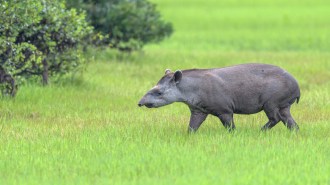 Genetics
GeneticsHere are 5 cool findings from a massive project on 240 mammal genomes
A new series of studies on mammal genetics is helping scientists start to answer questions about evolution, cancer and even what makes us human.
By Meghan Rosen -
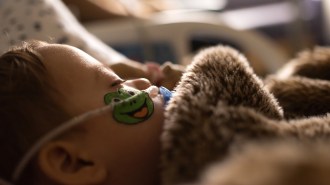 Health & Medicine
Health & MedicineHere’s what we know about upcoming vaccines and antibodies against RSV
New vaccines and monoclonal antibodies may be available this year to fend off severe disease caused by respiratory syncytial virus.
-
 Health & Medicine
Health & MedicinePets and people bonded during the pandemic. But owners were still stressed and lonely
People grew closer to their pets during the first two years of COVID. But pet ownership didn’t reduce stress or loneliness, survey data show.
-
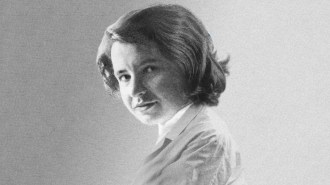 Genetics
GeneticsWhat was Rosalind Franklin’s true role in the discovery of DNA’s double helix?
Two researchers say that Rosalind Franklin knowingly collaborated with James Watson and Francis Crick to discover the molecular structure of DNA.
-
 Psychology
PsychologyNative language might shape musical ability
People who speak tonal languages, where pitch alters meaning, are better at perceiving melody but worse at rhythm than speakers of nontonal languages.
-
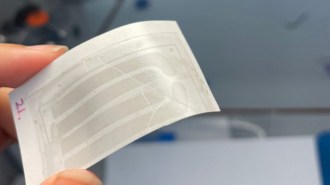 Health & Medicine
Health & MedicineA graphene “tattoo” could help hearts keep their beat
A proof-of-concept electronic heart tattoo relies on graphene to act as an ultrathin, flexible pacemaker. In rats, it treated an irregular heartbeat.
By Meghan Rosen -
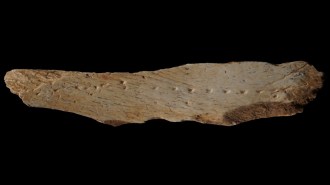 Archaeology
ArchaeologyA prehistoric method for tailoring clothes may be written in bone
A punctured bone fragment was probably a leatherwork punch board. Perforated leather sewn together may have been seams in clothing.
-
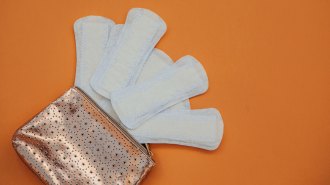 Humans
Humans‘Period’ wants to change how you think about menstruation
Kate Clancy offers fascinating science and history about the uterus and menstruation in her book, Period: The Real Story of Menstruation.
-
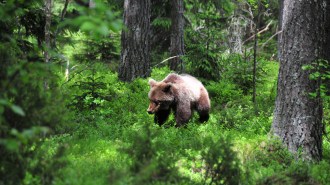 Animals
AnimalsHibernating bears don’t get blood clots. Now scientists know why
People who sit still for hours have an increased risk of blood clots, but hibernating bears and people with long-term immobility don’t. A key clotting protein appears to be the reason why.
-
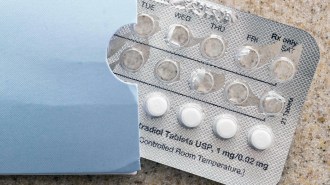 Health & Medicine
Health & MedicineEstrogen in birth control could be cut way back, a study suggests
Delivering an extra low dose of estrogen, or a combination of estrogen and progesterone, at a specific time of the menstrual cycle may prevent ovulation.
By Natalia Mesa -
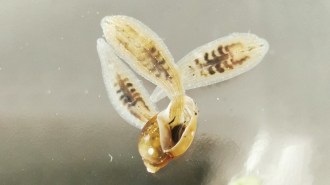 Animals
AnimalsFreshwater leeches’ taste for snails could help control snail-borne diseases
A freshwater leech species will eat snails, raising the possibility that leeches could be used to control snail-borne diseases that infect humans and livestock.